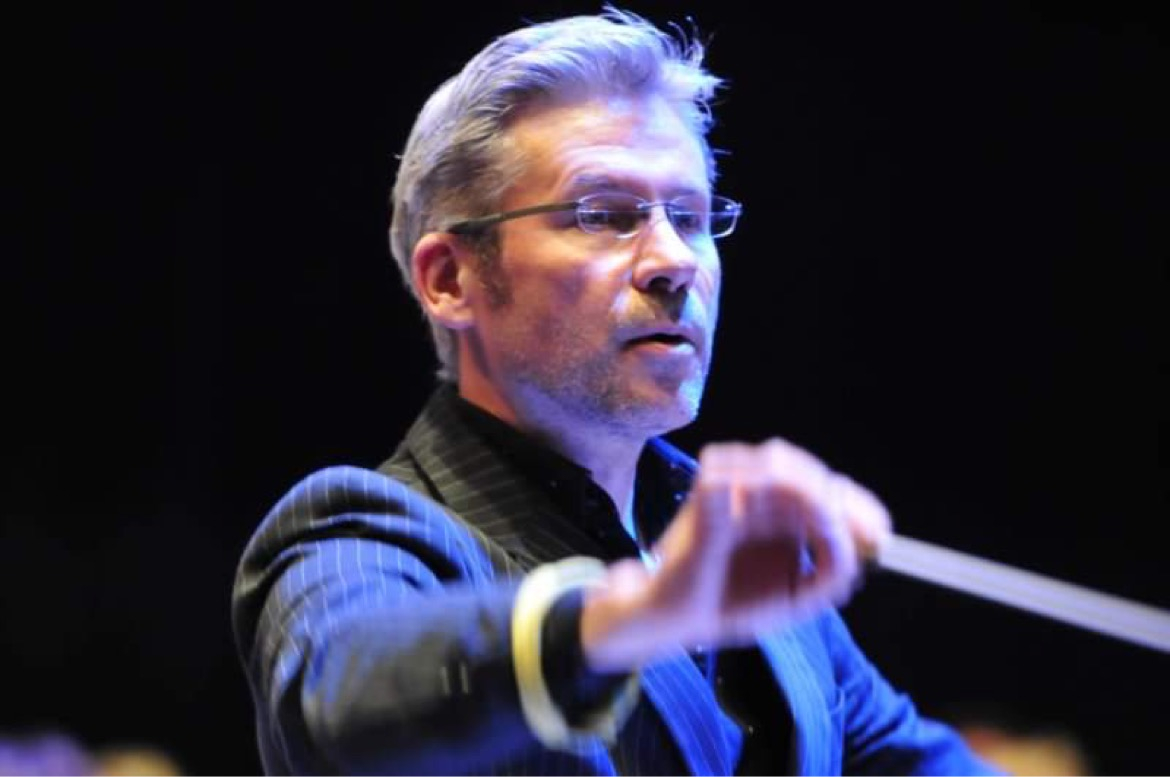HCMC – The HCMC Ballet, Symphony Orchestra and Opera (HBSO) is presenting a night of European dances on Saturday, October 8 at the Saigon Opera House, beginning at 8:00 p.m.
Short individual dances will not feature, but in their place three longer works will be offered that are infused with the dance spirit.
Spain is most prominent, with a selection from Carmen, plus a clarinet concerto by the contemporary Spanish composer Oscar Navarro. The Czech Republic then comes to the fore with the 8th Symphony of Dvorak.
There is no doubt that Bizet’s music for his celebrated opera Carmen is overflowing with the spirit of dance. Flamenco and other Spanish dances are essential constituents of the Spanish flavour of the entire work.
Oscar Navarro is a Spanish composer born in 1981. He works in both Spain and California and his main area of interest is film music.
His Second Clarinet Concerto will be given its Vietnamese premier at this concert, with Hoang Ngoc Anh Quan as soloist.
Mozart initiated the interest in the clarinet as a solo instrument in a concerto, and he was followed by Weber, Spohr, Nielson, Aaron Copeland, John Adams and John Williams.
Navarro’s Second Concerto for Clarinet in B flat and Symphony Orchestra dates from 2012 and was commissioned by the Valencia Music Institute.
The concerto is in one long movement, but divided into three sections, thus resembling the traditional three movement structure of the classical concerto.
The technical possibilities of the clarinet, including runs from very high notes to very low ones, are everywhere present.
The first section is itself divided into two parts, the first reminiscent of “new age” music, and the second, in huge contrast, evoking the highly energetic Spanish flamenco.
The second section alternates between a meandering lyricism and a high-energy relationship with the orchestra.
The last section, marked “prestissimo” (very fast), has been described as one huge dance for clarinet and orchestra, or a dialogue between the two.
Dvorak’s lovely 8th Symphony takes up the second half of the program. It’s a generally light-hearted work, full of the spirit of dance rhythms that derive from the Bohemia region of what was later to become Czechoslovakia, Dvorak’s home country.
Dvorak wrote it in two and a half months in 1889 to mark his elevation to membership of the Bohemian Academy of Science, Literature and Arts. It is in the usual four movements. Dvorak himself conducted its premier in 1890.
In the third movement there is what has been called a “sweet and languid waltz”, combined with another theme that functions as a typical third-movement trio but, according to one critic, “sounds more like a Bohemian folk dance”.
And the famous conductor Rafael Kubelik once remarked to an orchestra on the final movement “Gentlemen, in Bohemia the trumpets never call to battle – they always call to the dance.”
The concert will be conducted by Leon Bosch. He is himself an eminent clarinettist, and is also a senior teacher at the Zuyd University of Applied Sciences in Maastricht, Netherlands. He previously appeared in Saigon conducting the HBSO Orchestra in 2021.
This concert, then, combines the familiar – the Carmen music and, to a lesser extent, the Dvorak symphony – with the new in the form of the Navarro concerto. Together these contrasting items should add up to a highly refreshing evening.









